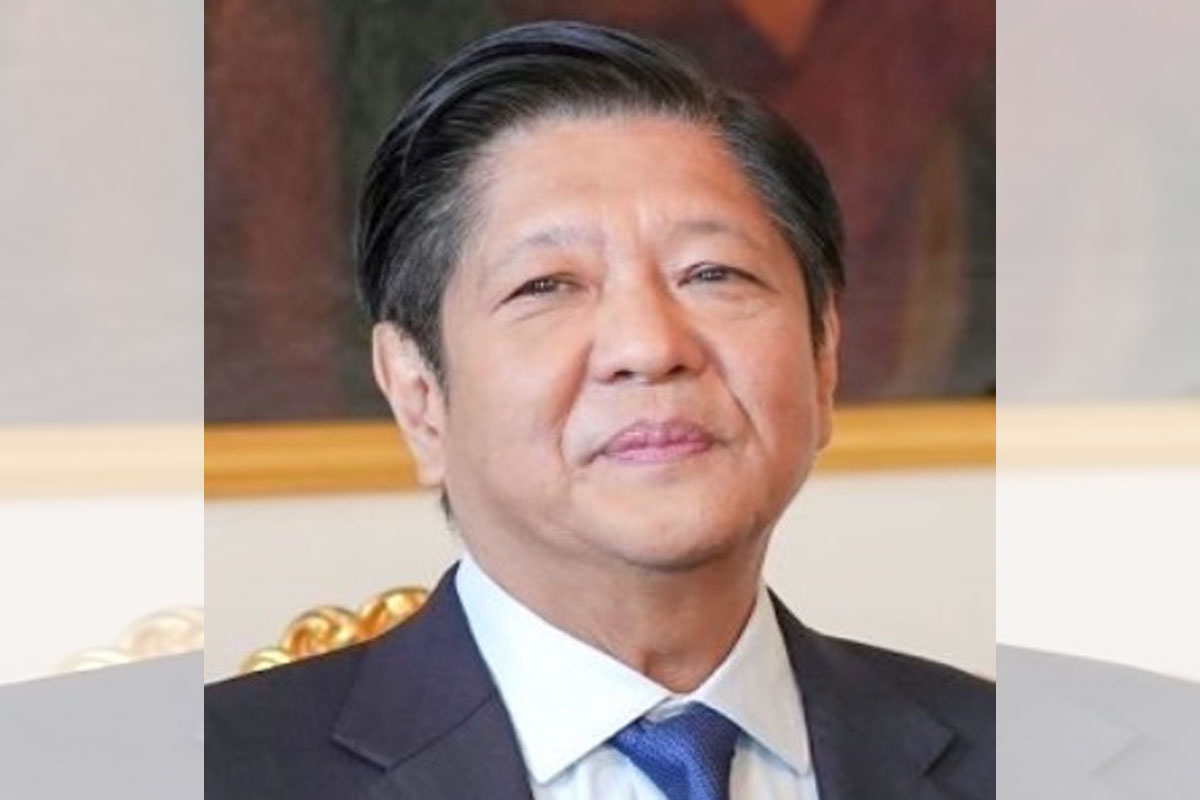
‘You can’t touch this’
 We spend our whole life trying to stop death. Eating, inventing, loving, praying, fighting, killing. But what do we really know about death? Just that nobody comes back. – The Life of David Gale
We spend our whole life trying to stop death. Eating, inventing, loving, praying, fighting, killing. But what do we really know about death? Just that nobody comes back. – The Life of David Gale
MC Hammer can lend us the best line against juvenile tobacco consumption:
Why you standing there, man?
You can’t touch this
Yo, sound the bell, school’s in, sucker
You can’t touch this
Health authorities, anti-smoking advocates, and parents can rest assured that minors would not be able to get hold of electronic cigarettes, heated tobacco or vaporized nicotine products.
Why? Because that’s how tight the regulatory lid is on “novel nicotine and tobacco products” whose consumption does not entail burning, a process blamed for the release of deadly toxins.
It’s hermetically sealed.
Crafters of the so-called Vape Bill now pending signature by President Duterte guarantee the measure has enough safeguards against access by minors to the relatively safer, less injurious alternatives to standard, conventional. combustible tobacco products.
The measure provides multi-layer “check/choke points” to block youth access to e-cigs, vapes or HTPs.
Proponents of the Vape Bill clarified that the approved measure would toughen existing regulations to prevent minors from using the cigarette alternatives.
“Out of the 30 provisions of the entire bill, half of it is for prohibition, especially (for) minors who should not be given access to these products,” House Deputy Speaker Rodante Marcoleta said, noting that the bill has strong provisions to deny minors access to e-cigs/vapes/HTPs.
Rep. Sharon Garin, chairperson of the House Committee on Economic Affairs and a member of the House panel of the bicameral conference committee, said the measure – the consolidated House Bill 9007 and Senate Bill 2239 – bans the sale of e-cigs with flavor descriptors that appeal to minors.
“With the passage of the Vape Bill, we are solidifying the provisions of RA (Republic Act) 11467 and Executive Order 106 issued by President Rodrigo Duterte and in particular banning the sale of e-cigarettes with flavors other than menthol and tobacco,” Garin said.
She said the bill imposes another layer of protection for the youth, which prohibits the sale of e-cigs with flavor descriptors that appeal to them. “This is in addition to the flavor ban that exists today,” she stressed.
This was confirmed by Nueva Ecija 1st District Rep. Estrellita Suansing, a long-time health advocate and one of the authors of the bill.
Suansing said lawmakers are cognizant of the concerns related to flavors when they drafted the bill.
“The Vape Bill is very restrictive when it comes to flavors. We understand that flavors should not be used to target minors and non-smokers. The goal has always been to reach adult Filipino smokers and convince them to use these products instead of cigarettes,” she said.
Duterte issued EO 106 in February 2020 to provide regulation for vapor products, including banning the sale of e-cigs that use flavors that are appealing to the youth. Most of the provisions of the order were patterned after the regulation for cigarette products.
Garin explained that they pushed for the bill because the country needs a comprehensive and special law to regulate vapor products similar to the ones for cigarettes.
“We made sure that every aspect of regulation for these products were included in the bill, including the manufacture, importation, sale, distribution, use and advertising. We did not leave any stone unturned and even included the provisions under EO 106 issued by the President,” she said.
“More importantly, we made sure that this bill has teeth for enforcement by including severe penalties for violators thereof – something that we don’t have at present under RA 11467 and EO 106,” the lady partylist (AAMBIS-OWA) lawmaker said.
The bill would consolidate and further solidify the provisions of RA 11467 and EO 106 to provide more teeth to these existing rules.
Aside from banning the sale of high-nicotine e-cigs (above 65mg/ml), it further expands the restrictions under EO 106 by prohibiting the use of vapor products in churches and government buildings. It also bans the use of advertising materials that are attractive to minors.
“I don’t understand the misinformation being spread by some sectors that this bill overturns the ban on the use of flavors that appeal to minors and other restrictions under EO 106. This is fake news. Except for the age requirement, the Vape Bill does not repeal the provisions of RA 11467 and EO 106. It actually strengthens it,” Garin said.
The Food and Drug Administration would continue to have exclusive jurisdiction and regulate vapor products with health claims under the bill while the Department of Trade and Industry would regulate vapor products without health claims.
The FDA would also be involved in the drafting of the implementing rules and regulations and product standards for vapor products.
“The Vape Bill does not repeal or take away the jurisdiction of the FDA to regulate vapor products with health claims. It merely provided clarity and delineation that for vapor products without health claims, it will be the DTI who will be the regulatory body,” Garin said.
The Senate and the House of Representatives ratified the bicam report on the bill in January. Prior to this, both chambers overwhelmingly approved the separate versions of the bill. In the House, 195 members voted to support the bill while 19 senators voted yes for its approval.
Filipino consumers prefer a proper regulatory framework for these innovative products.
Results of a 2021 survey by ACORN Marketing and Research, the largest independent Asian research network, showed that 94 percent of Filipino smokers agree that the government should enact policies to encourage adult smokers to switch to less harmful tobacco alternatives.
Behold God’s glory and seek His mercy.
Pause, ponder, act, and pray, people.























